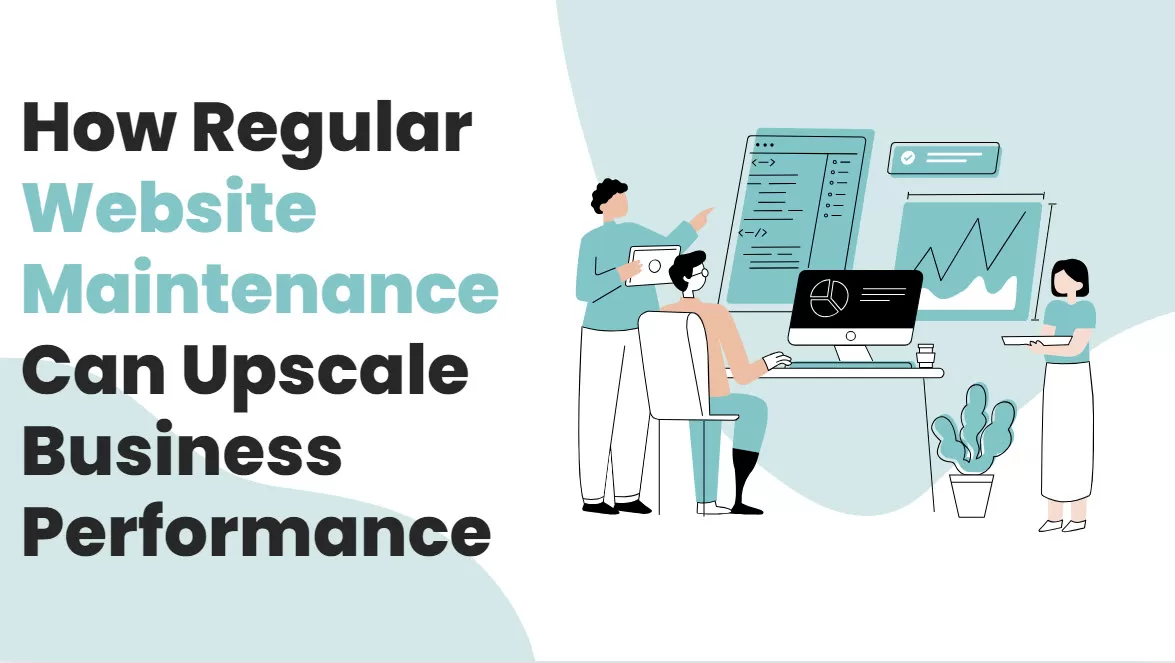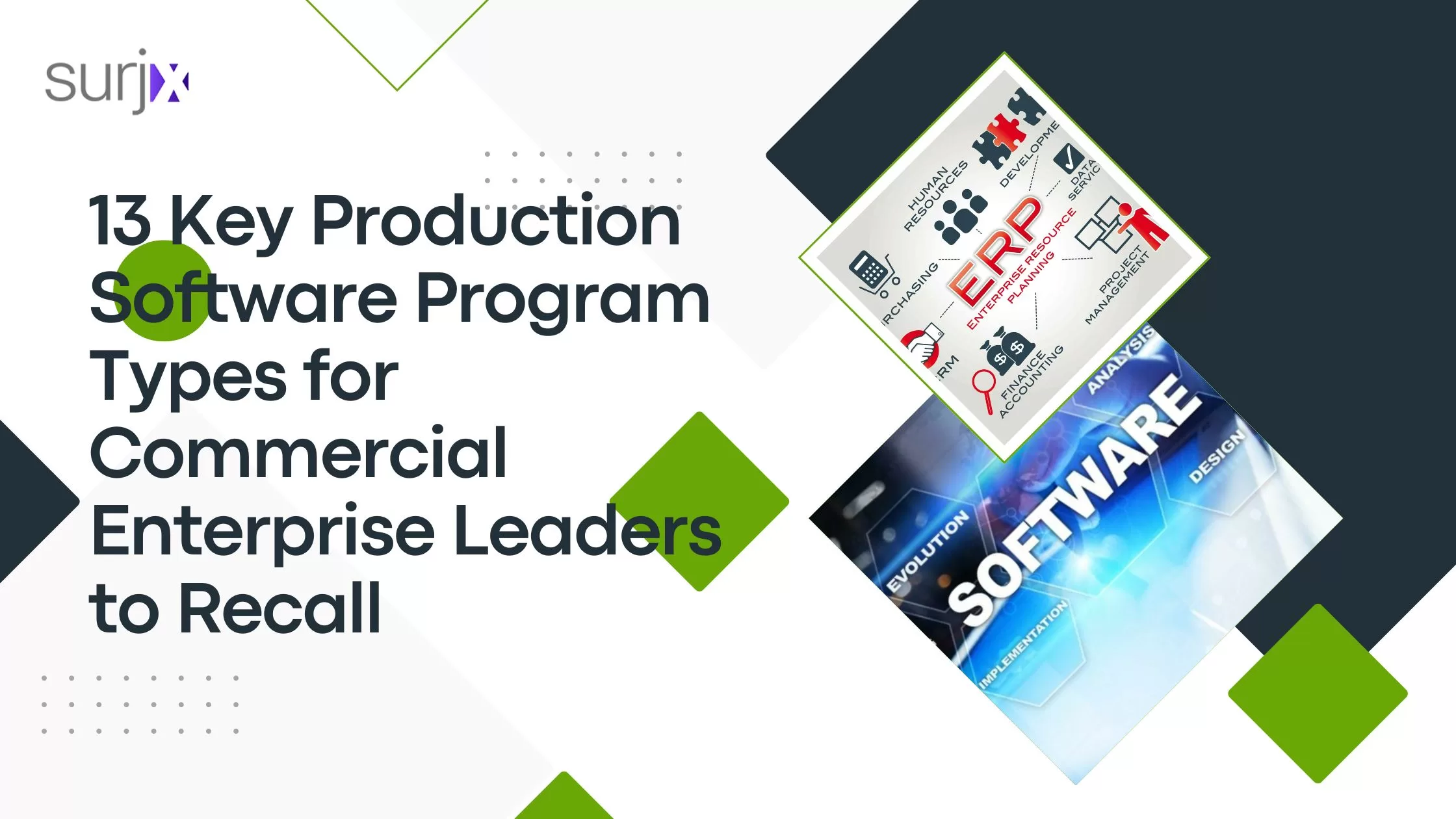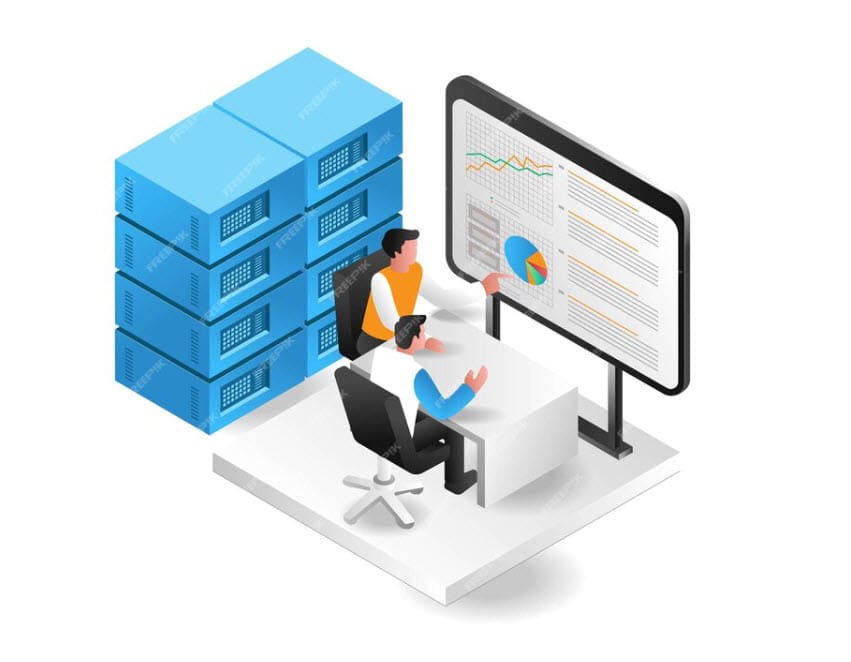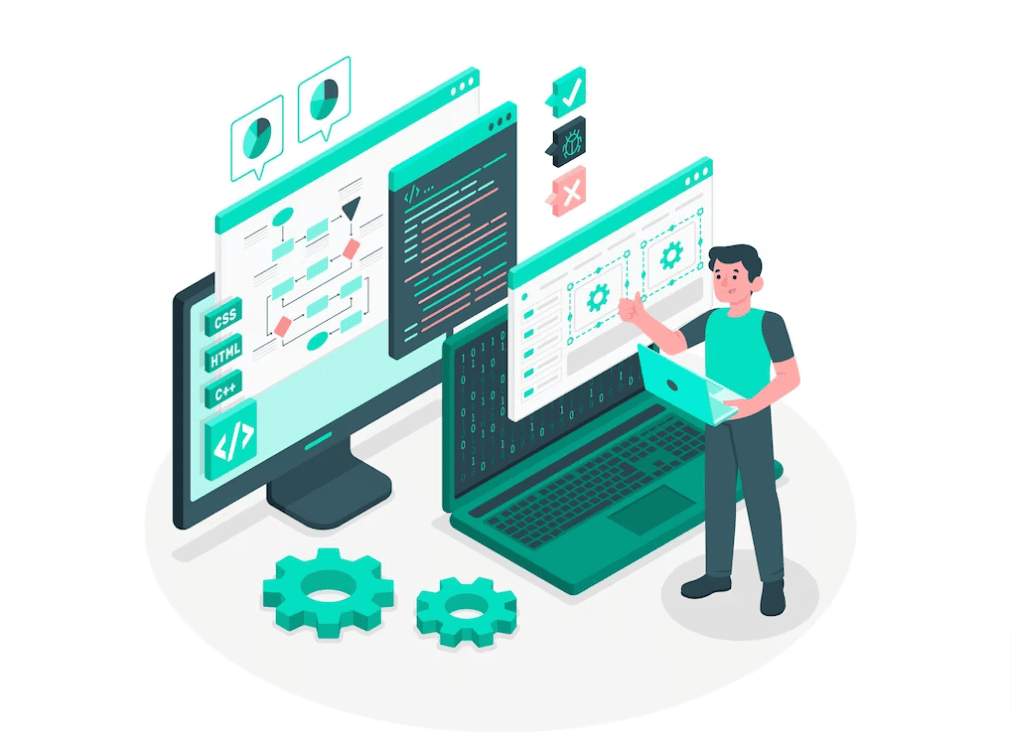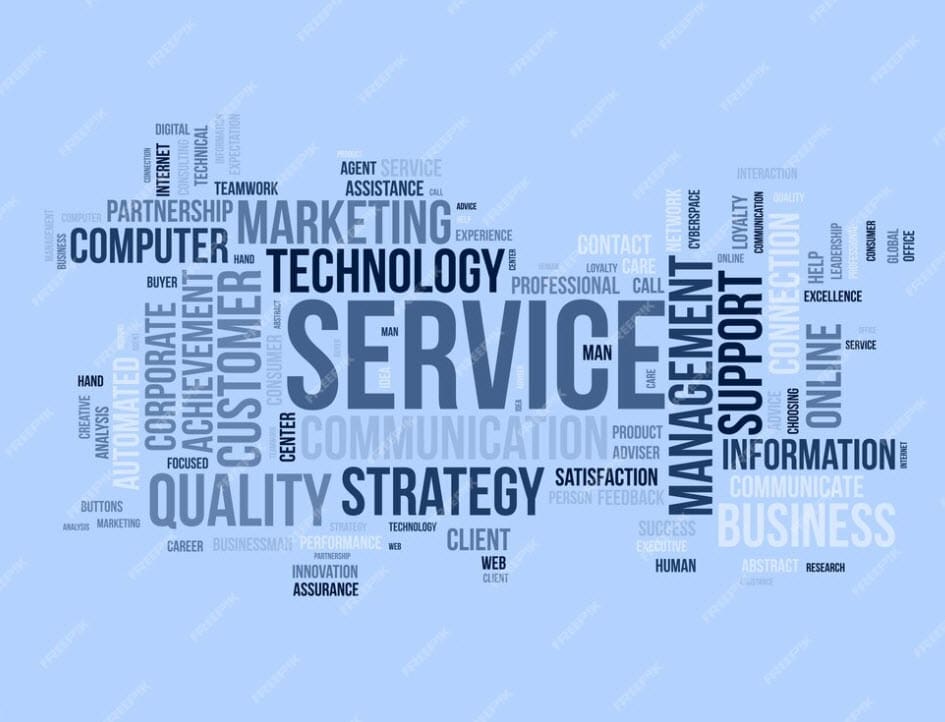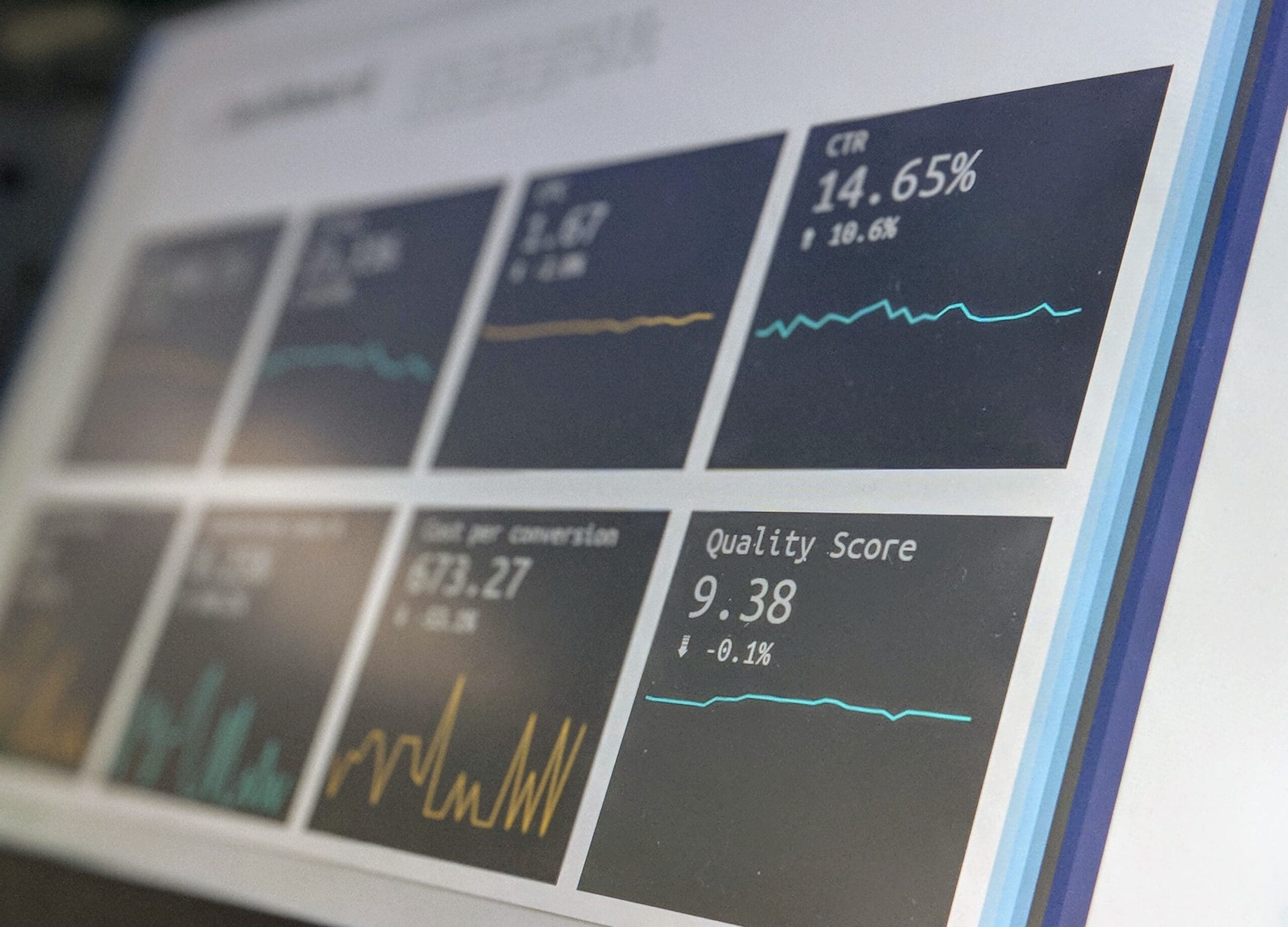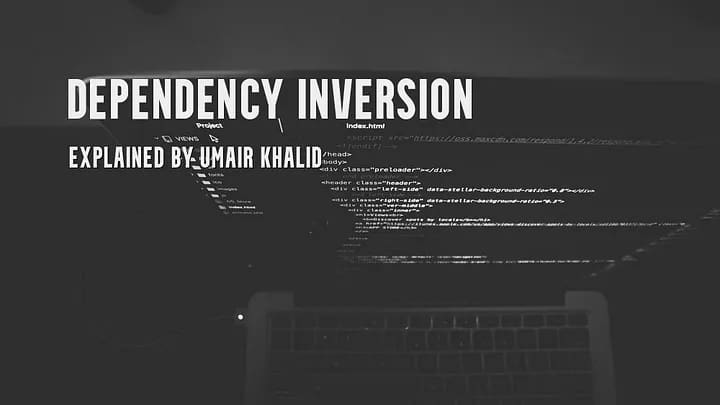Unleashing the Potential: The Role of AI in Modern ERP Software
AI’s Place in Contemporary ERP Software
Within the quickly developing sector of enterprise resource planning (ERP), companies are always looking for new and creative ways to increase efficiency, acquire a competitive advantage, and streamline operations. Artificial intelligence (AI) is one of the many technologies altering the ERP space; it is a potent catalyst that can change established procedures and open up new avenues. In this post, we examine how AI improves resource management software as well as its important position in contemporary ERP software.
AI-Powered Improved Decision-Making
The potential of AI to evaluate massive volumes of data with previously unheard-of speed and precision is at the heart of its impact on ERP. AI enables ERP systems to extract actionable insights from complex information, facilitating informed decision-making across a range of business processes. AI does this by employing sophisticated algorithms and machine learning techniques.
AI-driven analytics are essential to resource management software’s ability to estimate demand, optimize resource allocation, and spot cost-saving options. AI algorithms are able to foresee changes in resource needs through predictive modeling, which gives firms the ability to proactively modify workforce, inventory, and production schedules in order to fulfill demand while reducing waste.
AI-Powered Improved Decision-Making
The potential of AI to evaluate massive volumes of data with previously unheard-of speed and precision is at the heart of its impact on ERP. AI enables ERP systems to extract actionable insights from complex information, facilitating informed decision-making across a range of business processes. AI does this by employing sophisticated algorithms and machine learning techniques.
AI-driven analytics are essential to resource management software’s ability to estimate demand, optimize resource allocation, and spot cost-saving options. AI algorithms are able to foresee changes in resource needs through predictive modeling, which gives firms the ability to proactively modify workforce, inventory, and production schedules in order to fulfill demand while reducing waste.
Effectiveness and Automation
Automation is one of the biggest benefits of incorporating AI into ERP systems. Artificial Intelligence (AI) simplifies operations, lowers manual errors, and frees up human resources to concentrate on key objectives by automating regular tasks and workflows. AI-powered automation may significantly increase productivity in resource management by automating repetitive operations like scheduling, inventory tracking, and data entry.
AI systems, for instance, are capable of predicting inventory levels based on past data analysis and automatically generating buy orders when stock levels drop below predetermined thresholds. Similarly, by taking into account factors like personnel availability, skill sets, and project schedules, AI-driven scheduling solutions may maximize workforce deployment and ensure optimal resource usage while minimizing downtime.
Customized Analysis and Suggestions
The capacity of AI-enabled ERP software to provide individualized insights and recommendations catered to each user’s particular needs is another intriguing feature. Artificial intelligence (AI)-powered ERP systems can comprehend user queries, evaluate unstructured data, and deliver pertinent recommendations in real-time thanks to their natural language processing (NLP) and cognitive computing capabilities.
This translates to decision-makers having access to customized dashboards and reports that emphasize key performance indicators, point out bottlenecks, and offer doable tactics for maximizing resource use in the context of resource management. AI-driven insights enable businesses to make data-driven decisions that result in measurable business outcomes, whether they are used to find underutilized assets, streamline procurement procedures, or adjust production schedules.
Constant Enhancement and Flexibility
Artificial intelligence’s ability to learn and grow continuously is one of its distinguishing characteristics. Artificial intelligence (AI) algorithms get better at identifying patterns, projecting outcomes, and honing their suggestions over time as they analyze more data and come across new situations. This translates into systems that are smarter and more responsive with every interaction in the context of ERP software.
This implies that AI algorithms for resource management software can instantly adjust to fluctuating consumer preferences, dynamic market conditions, and changing corporate settings. AI-powered ERP solutions enable businesses to be flexible and resilient in the face of unpredictability, whether it’s via optimizing supply chain logistics to minimize interruptions or modifying production plans in response to unforeseen demand spikes.
Conclusion
In overall, the incorporation of AI into contemporary ERP software signifies a paradigm change in the way companies oversee their assets. Organizations may enhance their competitiveness in the current dynamic business landscape by optimizing resource allocation, boosting operational efficiency, and leveraging AI-driven analytics, automation, and tailored insights. Resource management software has nearly endless room for innovation as AI technology develops, opening the door for a time when companies will be able to prosper and change with the times.
Automation driven by AI improves workflows, cutting down on manual labor and human error while speeding up all procedures. Jobs that used to take hours to accomplish by hand can now be finished in a matter of seconds, freeing up time and resources for more important projects.
Share this article
Written by : admin
Latest Articles
June 21, 2024
June 11, 2024
June 10, 2024
May 31, 2024
May 27, 2024
May 10, 2024
February 1, 2024
December 28, 2023
December 26, 2023
December 18, 2023
December 15, 2023
September 26, 2023
September 21, 2023
September 19, 2023
September 19, 2023
September 12, 2023
September 5, 2023
August 29, 2023
March 31, 2023
March 20, 2023
March 13, 2023
March 13, 2023
March 13, 2023
March 13, 2023
March 13, 2023



